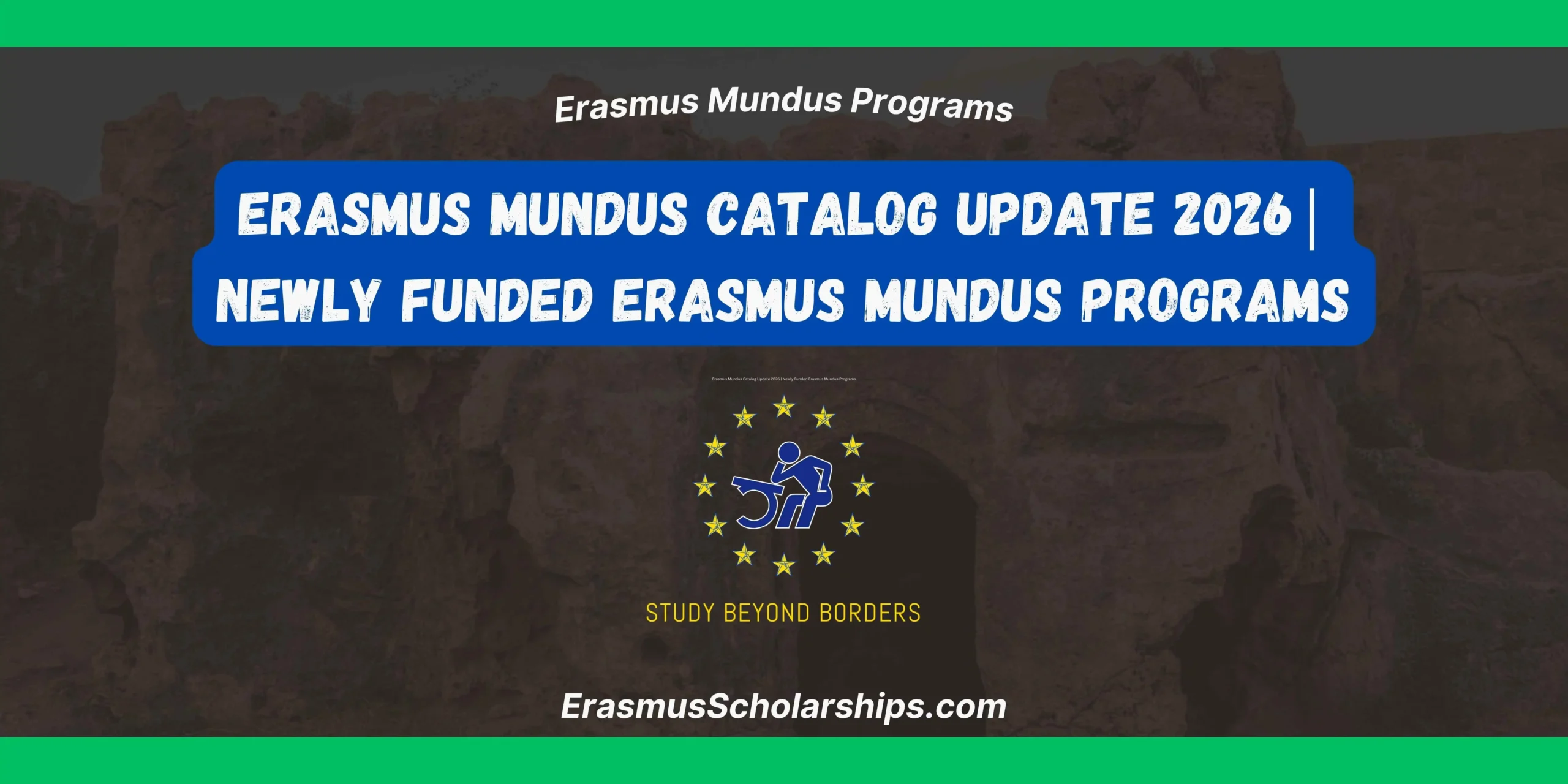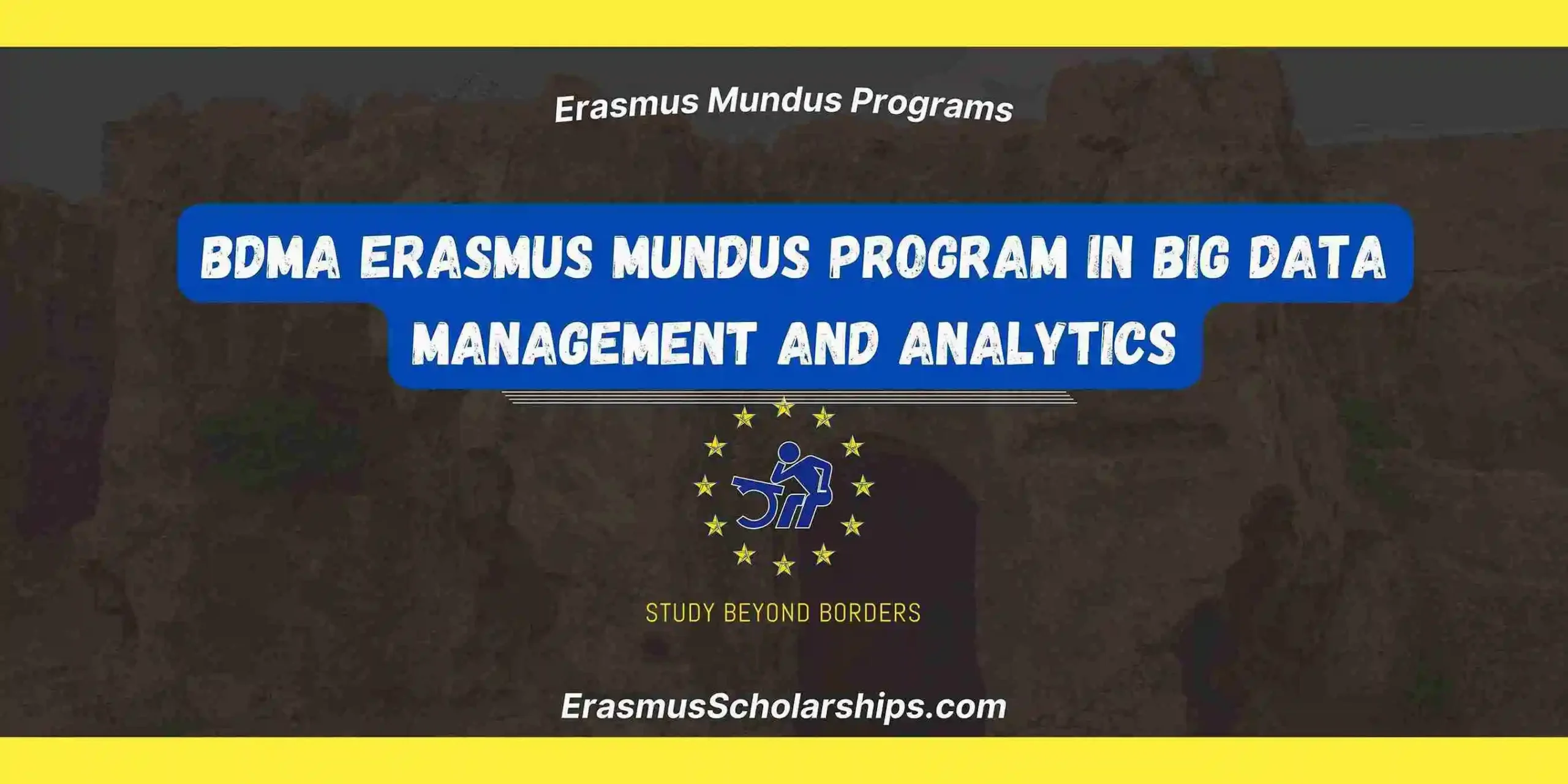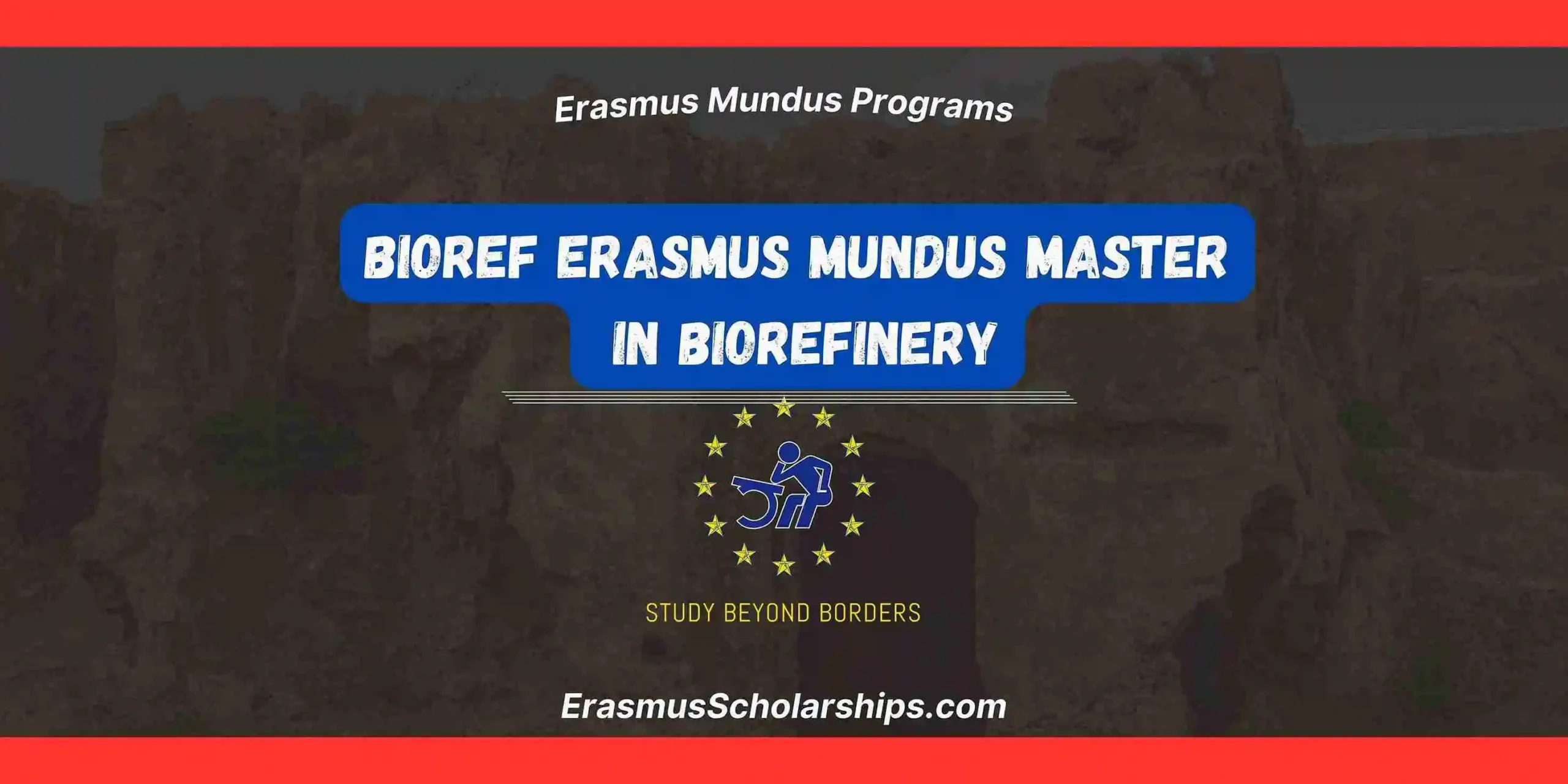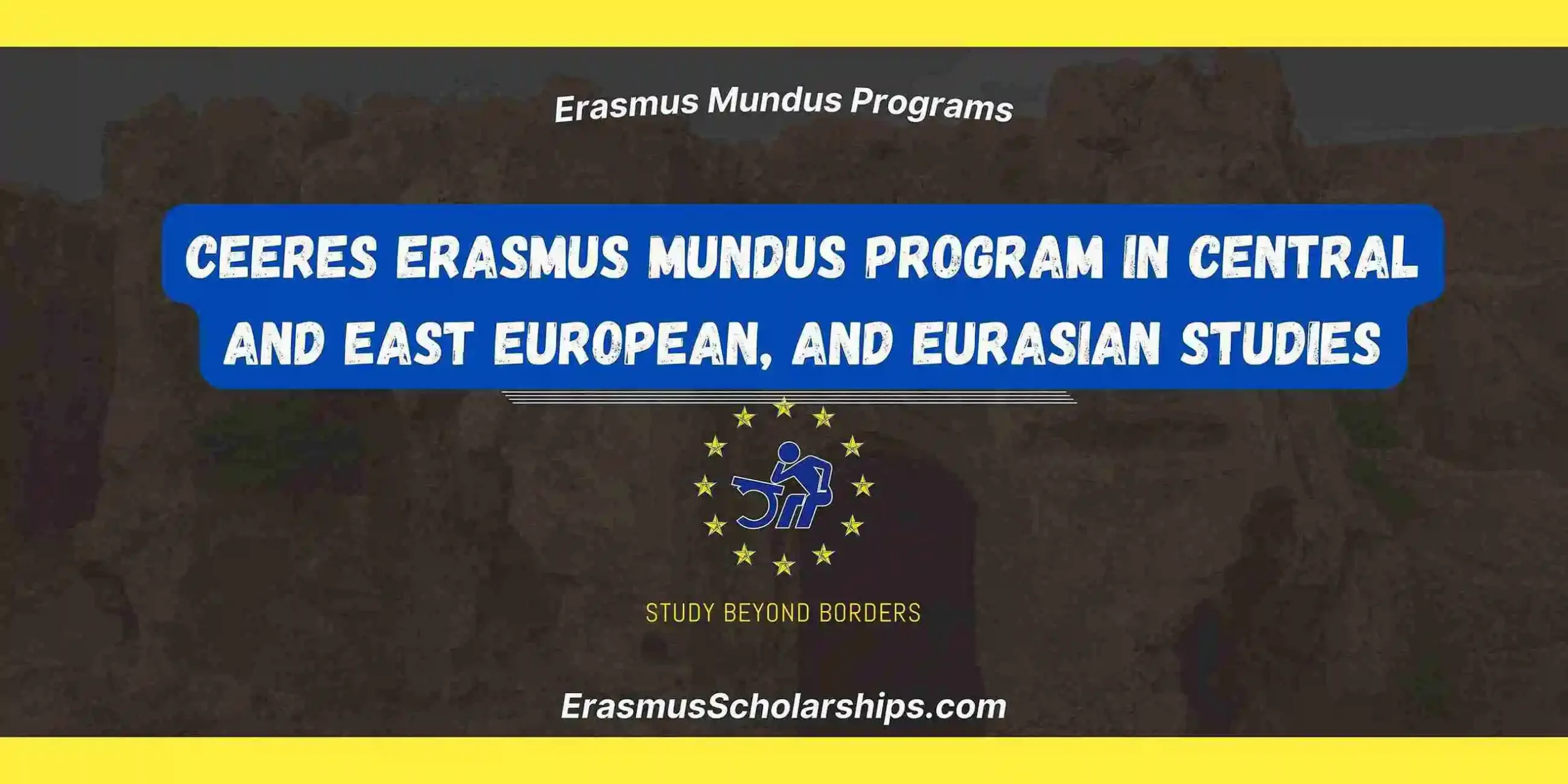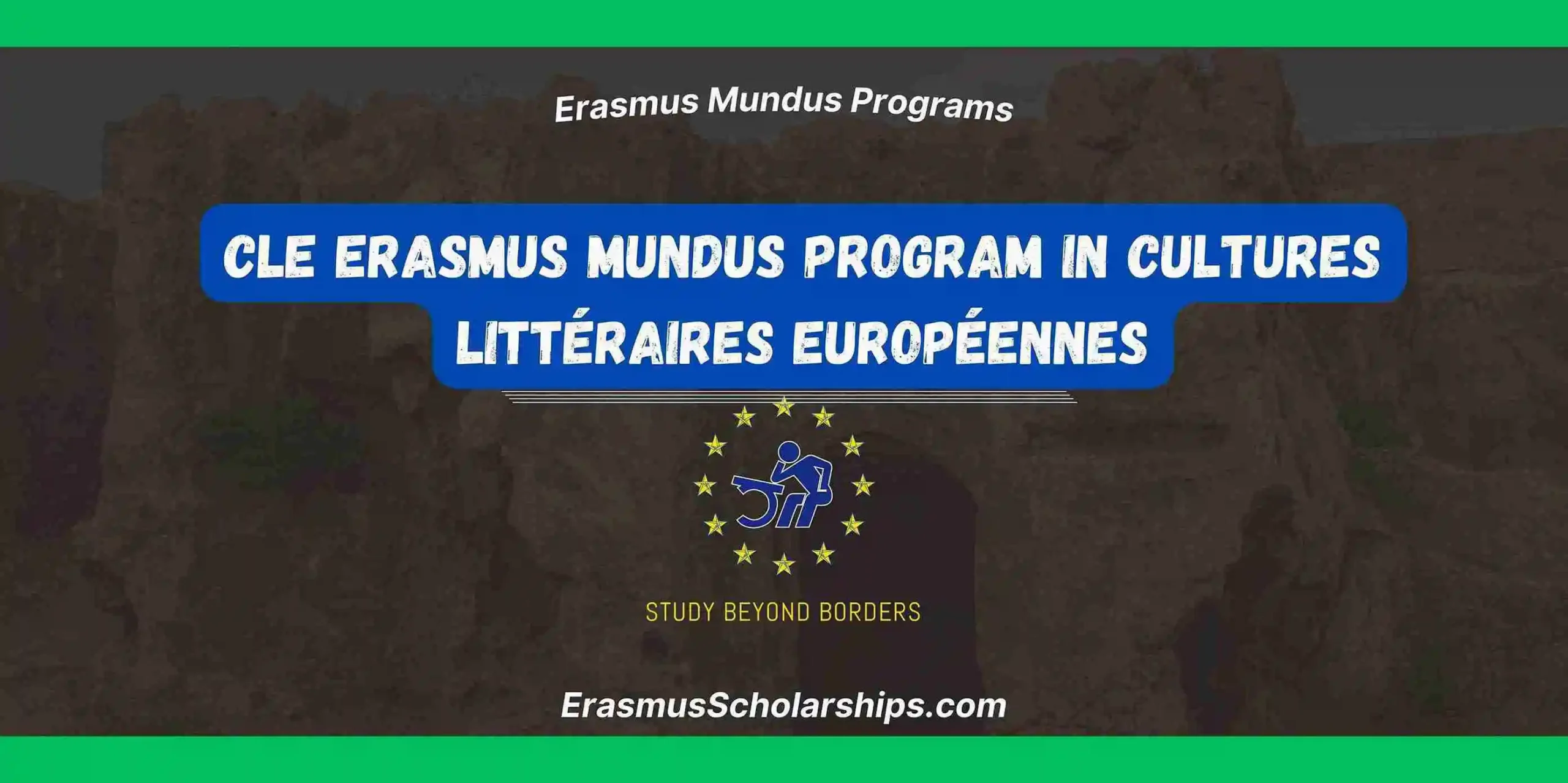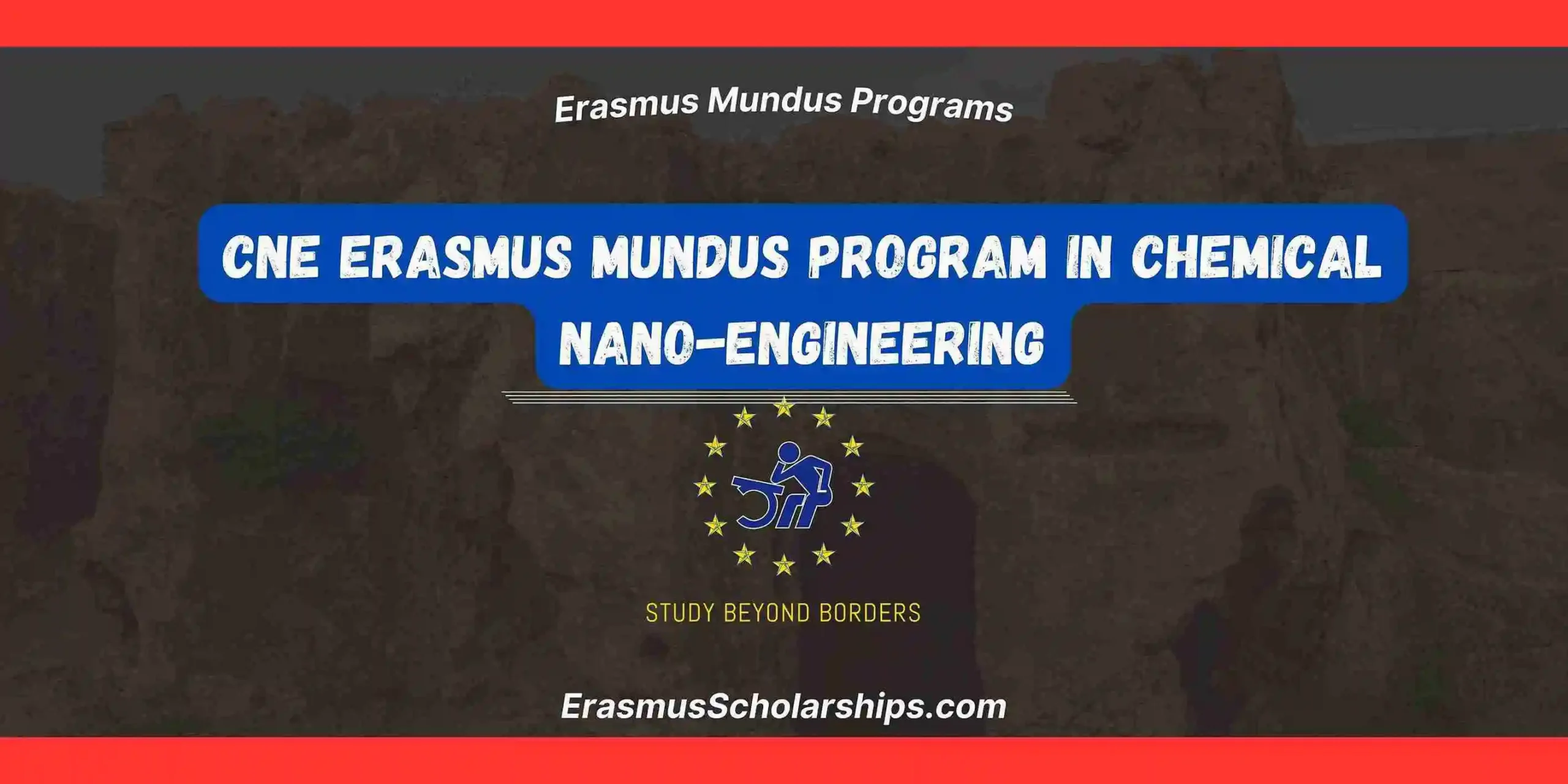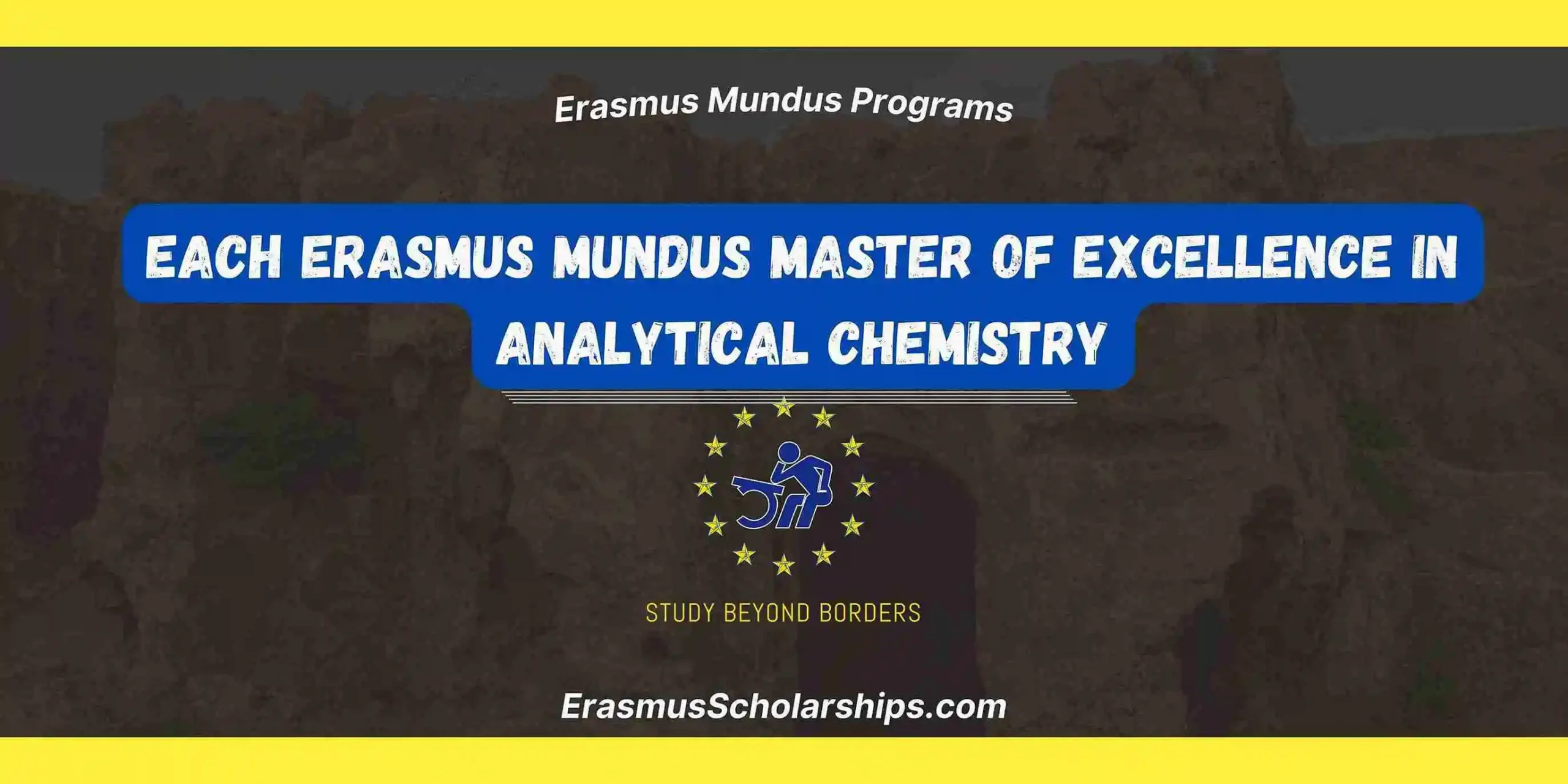In today’s increasingly globalized world, the dynamics of crime, migration, and social justice are evolving rapidly. The IMARC Erasmus Mundus program is an innovative and interdisciplinary master’s degree that addresses these developments through an advanced research-based curriculum. Designed for students who want to explore critical criminology from an international perspective, this program equips future professionals with the tools needed to understand and challenge the socio-political complexities surrounding crime and justice.
IMARC Erasmus Mundus is particularly relevant for those who wish to work on the intersection of migration, border control, urban security, and human rights. The program connects theory with practice by offering mobility across leading European universities, fieldwork opportunities, and internships. Its unique format allows students to analyze criminological challenges from multiple cultural and academic viewpoints.
Project Status
- Status: Ongoing
- Start date: 01-10-2024
- End date: 30-11-2030
- Action Type: Erasmus Mundus Joint Master
- Universities Involved
- Countries Involved
The IMARC Erasmus Mundus program offers students the opportunity to study at four top-tier universities across Europe.
| Erasmus University Rotterdam |
| Middlesex University |
| University of Málaga |
| Ghent University |
| UK |
| Spain |
| Belgium |
| Netherlands |
This cross-border collaboration allows students to gain an international perspective while studying and researching in the heart of Europe’s academic and industrial hubs.
Description of the IMARC Erasmus Mundus Program
The IMARC Erasmus Mundus is a two-year full-time master’s program focusing on advanced research in criminology, migration, and border studies. With a commitment to social justice, the curriculum is deeply rooted in critical criminology, offering a fresh and global outlook on crime and its governance. Students gain research skills, theoretical knowledge, and practical insights into the causes, impacts, and responses to transnational criminal justice issues.
Key Features of the IMARC Erasmus Mundus Program
- Fully funded Erasmus Mundus scholarships for selected students
- Multidisciplinary approach combining sociology, criminology, law, and political science
- International mobility across three countries
- Fieldwork and internship opportunities
- Access to a wide network of NGOs, research institutions, and governmental agencies
- Double/joint degrees from participating universities
- Courses taught by leading experts and professors in criminology
Mobility Tracks of the IMARC Erasmus Mundus Program
The program offers predefined mobility tracks, allowing students to study at different partner universities across semesters.
- Semester 1: Rotterdam
- Semester 2: Specialization track at one of the 4 universities
- Semester 3: Doing Research at any institution around the world
- Semester 4: Masters Thesis at the university in your chosen track
Students finalize their studies with a master’s thesis, often based on their research or internship conducted during the mobility phases.
Admission Requirements
To apply for the IMARC Erasmus Mundus program, applicants typically need:
- A bachelor’s degree in criminology, sociology, political science, law, or a related field
- Strong academic record
- Statement of proficiency in English from recent (max 2 years)
- Motivation letter max 650 words.
- CV/resume
- Two reference letters
- Self evaluation on research skills, with an explanation on your prior research
How to Apply for IMARC Erasmus Mundus Program
Applicants must apply through the IMARC official website. The application portal typically opens in late autumn for intake in the following academic year. Be sure to:
- Prepare all documents in advance.
- Carefully write a motivation letter tailored to IMARC’s themes.
- Submit the online application before the deadline.
- Select your preferred mobility track.
Tips to Win the IMARC Erasmus Mundus Program
- Focus your motivation letter on how your academic background aligns with critical criminology and transnational justice.
- Highlight any research, volunteer, or professional experience related to migration, human rights, or criminal justice.
- Demonstrate your international outlook and adaptability.
- If possible, include a strong research idea aligned with IMARC themes.
- Secure reference letters from professors who can vouch for your research capabilities.
Application Timeline
- Applications Open: February (check website for exact date)
- Deadline for Erasmus Mundus Scholarship: March
- Results Notification: April
- Program Start: September
Curriculum Structure of the IMARC Erasmus Mundus Program
The curriculum includes:
- Core Courses: Transnational criminology, migration and borders, critical criminological theory
- Methodology Modules: Qualitative & quantitative research methods
- Electives: Topics like urban security, restorative justice, and global policing
- Internship or Fieldwork: Conducted during the second or third semester
- Master’s Thesis: Supervised research project during the final semester
You can find the detailed course curriculum here:
Coordinator Contact
For any queries about the IMARC Erasmus Mundus program, you can contact:
Coordinator: Elisabeth Brein
Email: imarc@law.eur.nl
Alumni Feedback
Graduates of the IMARC Erasmus Mundus program praise its rich international environment, diverse perspectives, and strong academic support. Alumni have gone on to pursue PhDs, work with international NGOs, or join government and policy-making institutions. One graduate shared:
“IMARC transformed my view of criminology. Studying migration and justice across three countries gave me an edge both academically and professionally.”
Frequently Asked Questions (FAQs)
What is the IMARC Erasmus Mundus program?
The IMARC Erasmus Mundus program is a two-year joint master’s in Advanced Research in Criminology focused on issues of transnational justice, migration, and borders.
Who can apply for the IMARC Erasmus Mundus program?
Anyone with a relevant bachelor’s degree in criminology, sociology, or related fields and a strong interest in critical criminology can apply.
What is covered under the IMARC Erasmus Mundus scholarship?
The scholarship typically covers tuition, travel, installation, and a monthly living allowance for the duration of the program.
Can I choose the mobility track in the IMARC Erasmus Mundus program?
Yes, applicants can indicate their preferred mobility track during the application process.
What are the job prospects after completing the IMARC Erasmus Mundus program?
Graduates can pursue careers in international organizations, research institutions, NGOs, or continue with PhD studies in criminology and related fields.


